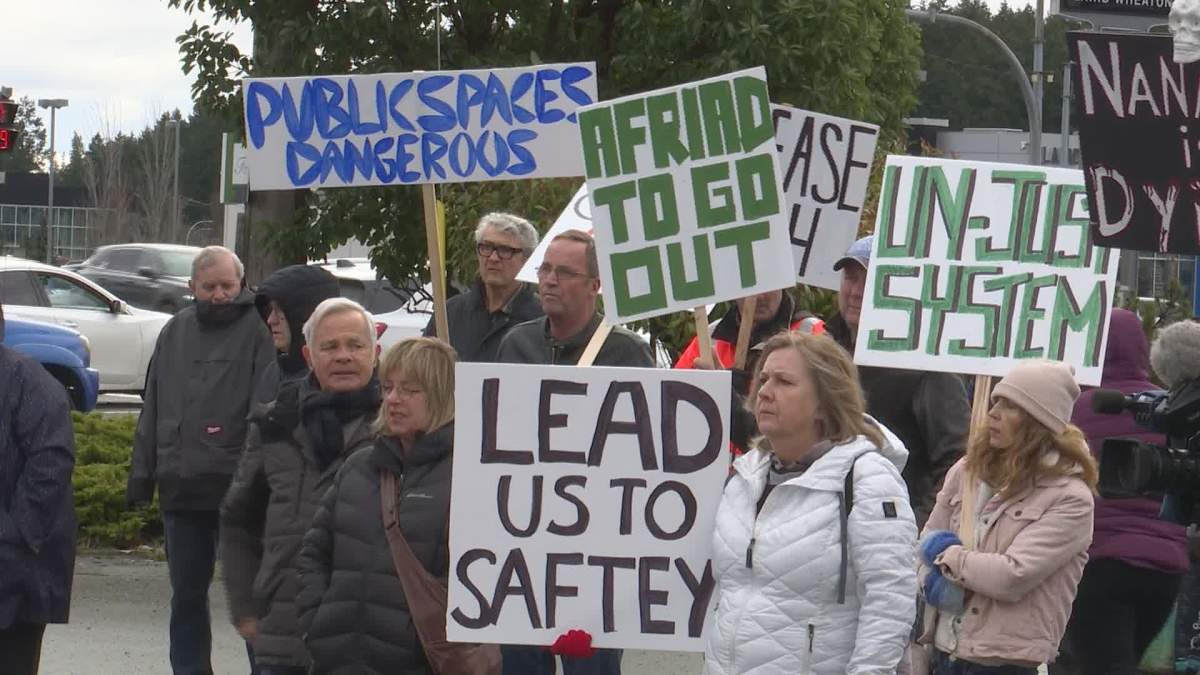A coalition of community organizations, citizen groups and businesses is, once again, calling on all levels of government to address public safety concerns in B.C.

Save our Streets (SOS) says the rise in crime and violence in B.C. communities has reached a “crisis level.”
New members have joined the coalition from across the province including Victoria, Vancouver, Kelowna, Prince George, Kamloops, and Nanaimo, among others.
The co-founder of Save our Streets, Jess Ketchum, said the issue is not Vancouver or the Downtown Eastside-specific, and many new members have expressed concerns for their regions.
“Our message has hit a nerve as a growing number of British Columbians recognize that a different, comprehensive, and results-driven approach is required to address the escalation of crime and violence in our communities, and it must be dealt with urgently,” he said.
“Drug addictions and drug trade, mental health challenges, law enforcement, judicial reform, homelessness, are all factors.

Get breaking National news
“While governments have a long history of announcing policies and programs meant to respond to these issues, the desired results have not been realized.”
In addition to working to create better awareness, and highlighting issues and incidents of crime, SOS has started to create a plan to research trends and establish “measurable results to determine whether government actions are working to make streets and communities safer or not.”
One of the newest members, the Nelson, Cranbrook and Trail N2 Concerned Citizens group, said it has joined the coalition to expand the messaging of how community members and businesses are growing increasingly uncomfortable in their neighbourhoods.
“We decided to join the SOS Save Our Streets coalition to join with other communities throughout B.C. in gaining the attention of governments over the desperate situation with crime and violence we are seeing in our communities,” Tanya Finley, Chair of the Nelson, Cranbrook and Trail N2 concerned citizens groups, said.
“We need a results-driven, comprehensive and intergovernmental coordinated plan that addresses many contributing issues including drug addiction, the drug trade, mental health challenges, policing, judicial reform and homelessness.”
The coalition has grown from 30 members to 59 members.
Global News has reached out to the province for comment.









Comments
Comments closed.
Due to the sensitive and/or legal subject matter of some of the content on globalnews.ca, we reserve the ability to disable comments from time to time.
Please see our Commenting Policy for more.